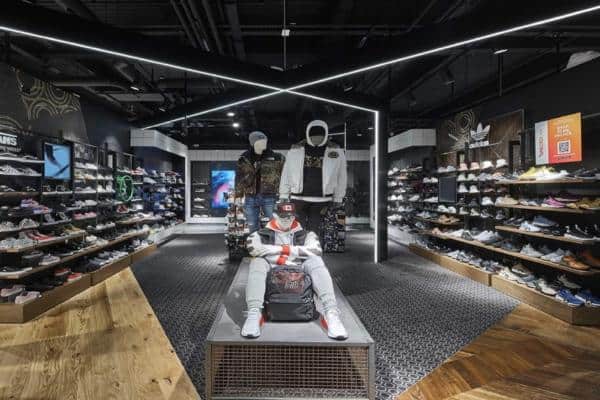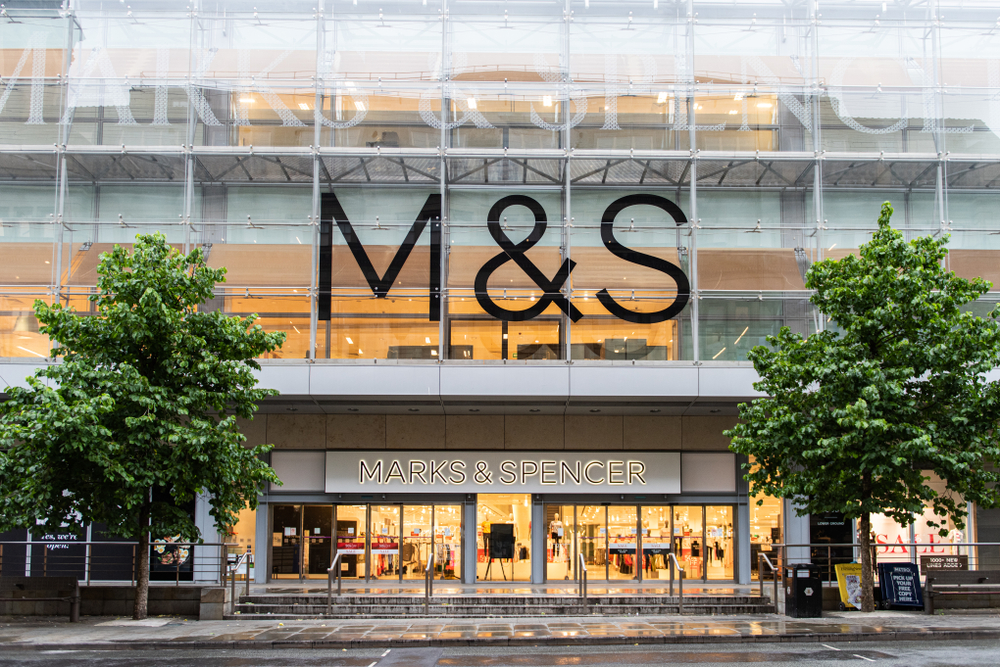The competition watchdog says JD Sports must sell Footasylum in order to keep the sports fashion market fair for customers, whether they buy online or in-store. The retailer, meanwhile, says it is considering its options.
Shift online
The Competition and Markets Authority says the shift online seen since the Covid-19 pandemic – and the growth in direct-to-consumer sales by brands such as Nike and Adidas – does not change that. It cites its own survey findings that suggest 50% of online shoppers would go to JD Sports if they could not buy clothing at Footasylum, while 43% would make the the same switch for footwear. Similar results were found in a survey of in-store shoppers. And it says requiring JD Sports to sell Footasylum is the only solution that protects consumers and addresses competition concerns.
Kip Meek, chair of the CMA inquiry group, says: “The UK boasts a thriving sports fashion market and today’s decision reflects our commitment to keeping it that way. We strongly believe shoppers could suffer if Footasylum stopped having to compete with JD Sports. It is likely they would pay more for less choice, worse service and lower quality.
“The pandemic may have altered the way we shop but innovative businesses, driven by healthy competition, will rise to the challenge and successfully cater to changing tastes and habits. The evidence we have analysed shows that JD Sports and Footasylum are adapting well to market conditions and would continue to be profitable should the merger not go ahead. As separate, rival entities, these companies can continue to compete for shoppers online and as they return to the high street.”
The context
Footasylum bought JD Sports in April 2019, and the CMA moved forwards with an investigation into the deal that year. It ruled in May 2020 that JD Sports must sell Footasylum but the CMA was ordered to reconsider by the Competition Appeal Tribunal last November, which said the watchdog had not gathered enough evidence, including around the effects of the pandemic on customer behaviour. In this fresh decision – confirming its previous one – the CMA cites its research findings that that JD Sports is “far and away the closest alternative for shoppers at Footasylum”. It continues: “The CMA expects this will continue to be the case even after taking into account the continued growth in online shopping, including on the websites and apps of brands such as Nike and Adidas.”
Responding, JD Sports Fashion says that this is the first time the CMA – or its predecessors – has blocked or remedied a deal between competitors where there would be no substantial lessening of competition. That’s because there is also competition from the direct-to-consumer operations of sports brands themselves. JD Sports says it will now consider its options.
JD Sports Fashion executive chairman Peter Cowgill says: “The CMA rightly concludes that, following the acquisition of Footasylum, JD would have no incentive to raise prices or worsen its offer as its most important competitors are the DTC operations of the international brands themselves.
“However, the CMA has then somehow concluded that the competitive threat from DTC does not extend to Footasylum and that JD would have an incentive to worsen the offer in Footasylum to the detriment of both consumers and suppliers. We would suggest that the CMA is in a minority of one in reaching this conclusion. Overall, the CMA’s decision today continues to be inexplicable to anyone who understands what difference the pandemic has made to UK retail and how competition and the supply chain in our markets actually work. It is deeply troubling at a time when the UK high street has been seriously damaged already and is vulnerable to further closures.”
In recent years JD Sports has followed a strategy of international expansion via acquisition, which it says that this helps to boost its attractiveness in the eyes of the brands that it stocks.
JD Sports is a Leading retailer in RXUK Top500 research, while Footasylum is ranked Top100.









